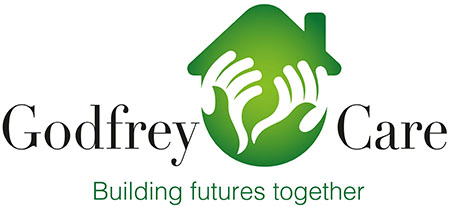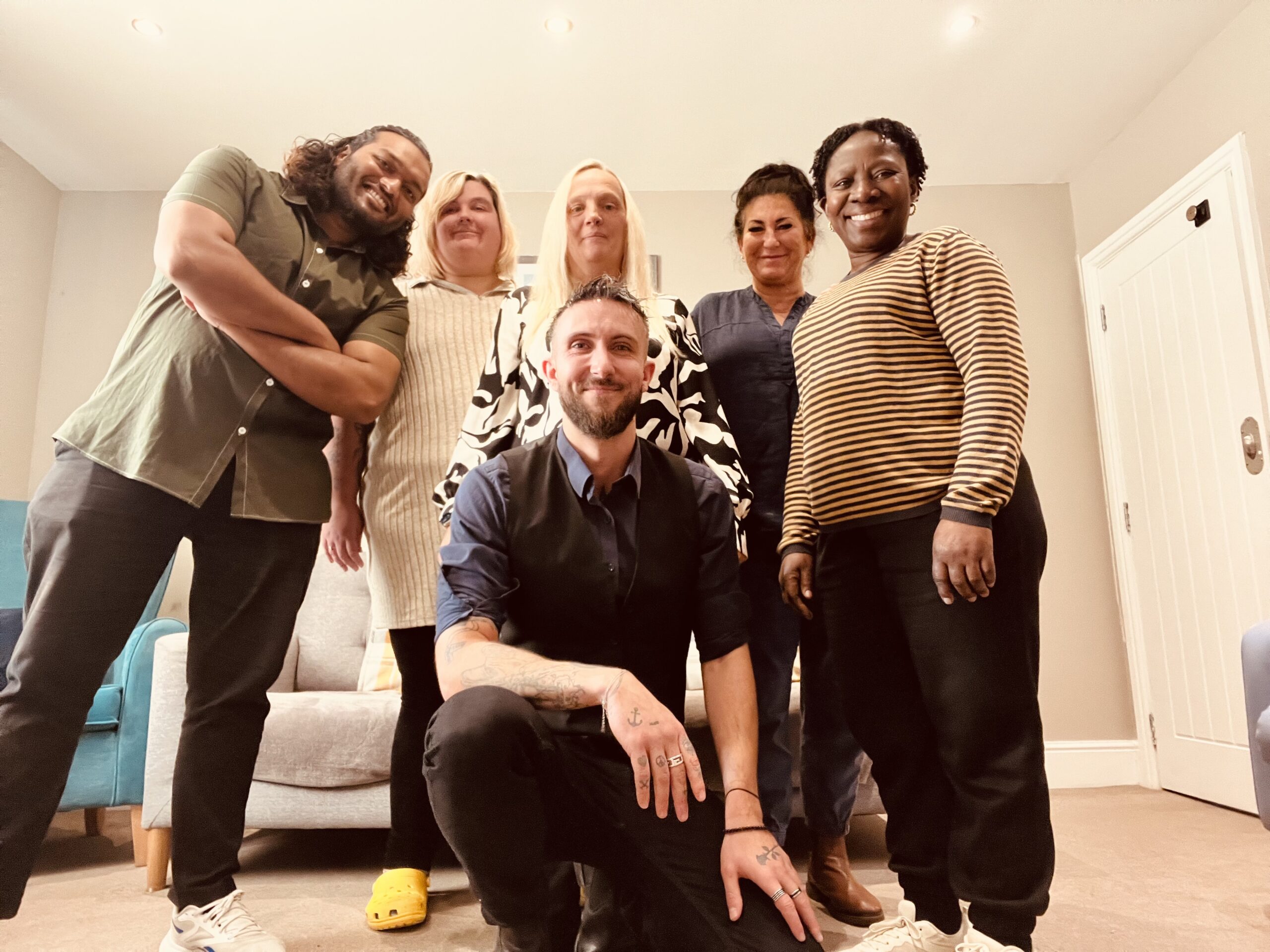Working in collaboration is at the heart of what we do, and this is never more important than when supporting adults with Autism and Learning Disabilities. Our Station House service works closely with different healthcare professionals, and we understand that the professionals visiting have large caseloads of individuals and cover a wide geographical area. Our role is to make sure that we provide the platform for the professionals engaging with us to have access to the very best quality information.
An example of this is when we work with our Community Learning Disability Nurses; we communicate regularly with them, involving the resident in these plans and using augmented communication techniques as verbal prompts, and ensure a warm and friendly welcome awaits them at the commencement of their visit to us. As a regulated Social Care service we hold an extensive range of information about people, and while all of this is very much needed, we know that making the most of the time of the professionals visit means that we provide the information, they require – whether this be verbal handovers from staff or access to care records – and that this is clear and shared in a coordinated manner.
Feedback from Community Nurse
“A Nurse went to Station House and advised that she found the staff extremely helpful whilst she was there, they introduced themselves appropriately – which may sound like a small thing, but they were appropriate telling her their name, then repeating their name so she would remember. All the paperwork was clear, all the information was included, it was appropriate, not overloaded with old information and the paperwork was in order. The Nurse said it was a pleasurable visit. Most importantly, she explained at length about how positive and nice it was to see the interaction between staff and the people living at the service this was two people in particular (staff and person who lives at the service), she said the relationship was clearly well established and very positive. Oh and hospitality was good as well”
For us, empowering people to be part of every aspect of their lives is crucial, notably healthcare visits given the health inequalities we know that people with Learning Disabilitiescontinue to face, but also because we believe that person centred care is more than buzz words, it’s about providing the person with the tools and mechanisms to understand a visit, time to process this and time to think about how they want to get the most out of this, and ask the questions that are most important to them. To enable this, we use specialist interactions prior, during and after visits to affirm that we act beyond words, and that the relationships between residents and their staff are built on respect, are empowering and positive.

